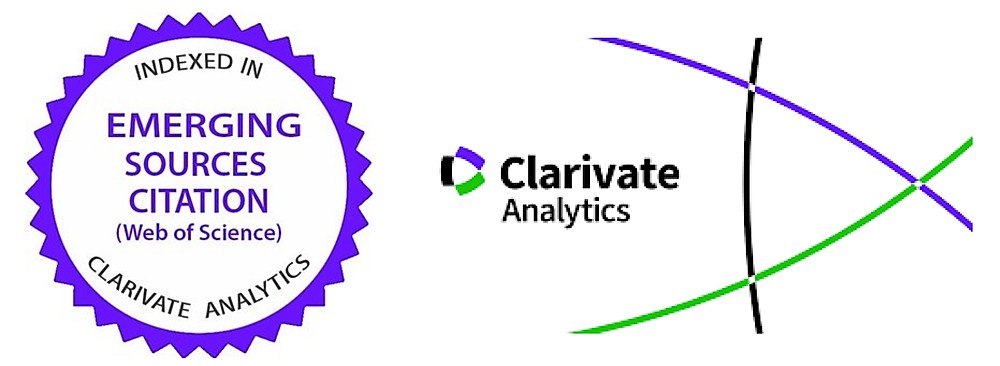An Empirical Assessment of Microfinance and Its Associated Socio-economic Development
Abstract
Microfinance institutions (MFIs) provide support for the sustainability of livelihood and financial inclusion through social development. Micro-enterprises helps in empowering the communities especially marginalized section worldwide. The MFIs attempt to transform the lives of poor people, through different interventions. It revolved around the social development of marginalized people. In recent decades, microfinance played a vital role in alleviating poverty and involved empowering low-income earners socially and economically. The present study intended to highlight the role of MFIs located in Jabalpur (Madhya Pradesh) in enhancing the social and economic status of beneficiaries. This study also acknowledges the significance of MFIs in eradicating poverty, through financial services. In this research, questionnaire responses were gathered and analyzed from 150 beneficiaries of three MFIs (Credit Access Grameen, ESAF, and Fusion Micro-finance) in Jabalpur. The exploratory data analysis reveals diverse findings, regarding the impact of microfinance on the socio-economic conditions of beneficiaries through improving their savings, supporting the employment generation, and as a whole improving life standards as well as eradicating poverty. Alternatively, MFI programs also assist beneficiaries in employment generation, to a certain extent. The conclusion of the research prioritizes that MFI programs ought to be accelerated more by the Government through different schemes and can be easily accessed to even remote areas for economic expansion and social development of low-privileged people.



























